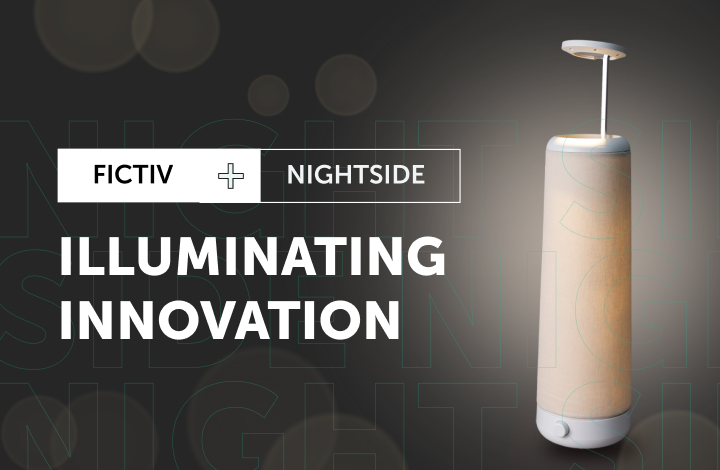About the team
Industry: Consumer Electronics
Product: DIY VR viewer for students
Location: Menlo Park, CA
Why Fictiv
Customer challenges: Needed to get hundreds of VR viewers to students quickly
Favorite features: Instant chat with Prototyping Engineers, quick-turn 3D printing service
Result: 100 viewers delivered in under two weeks
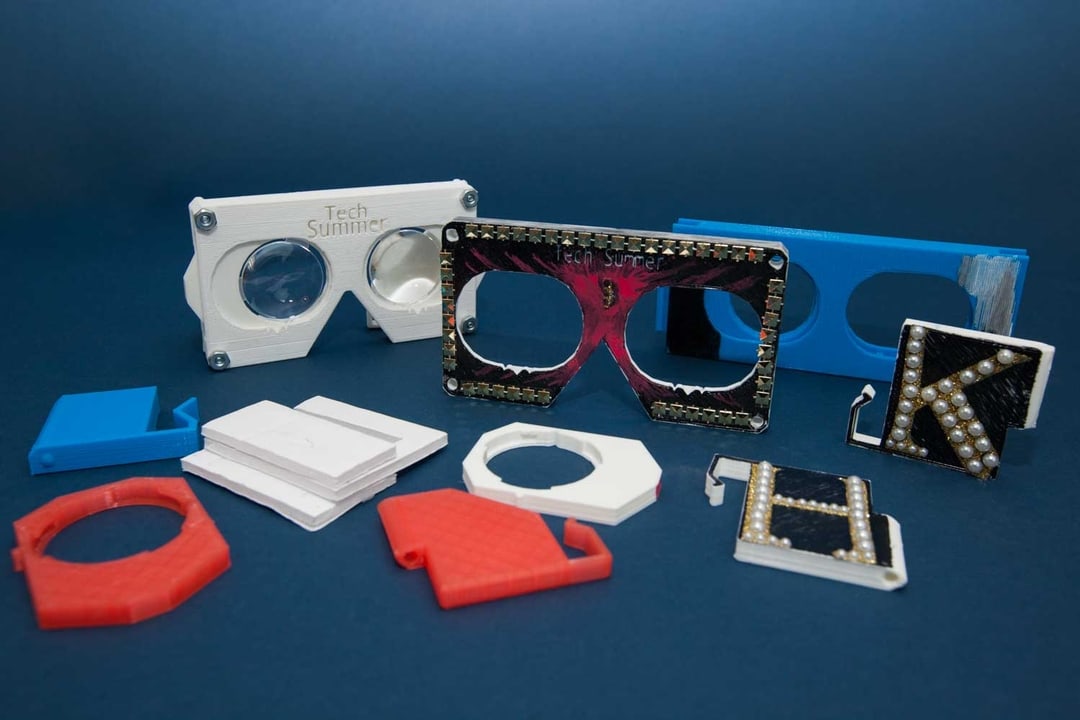
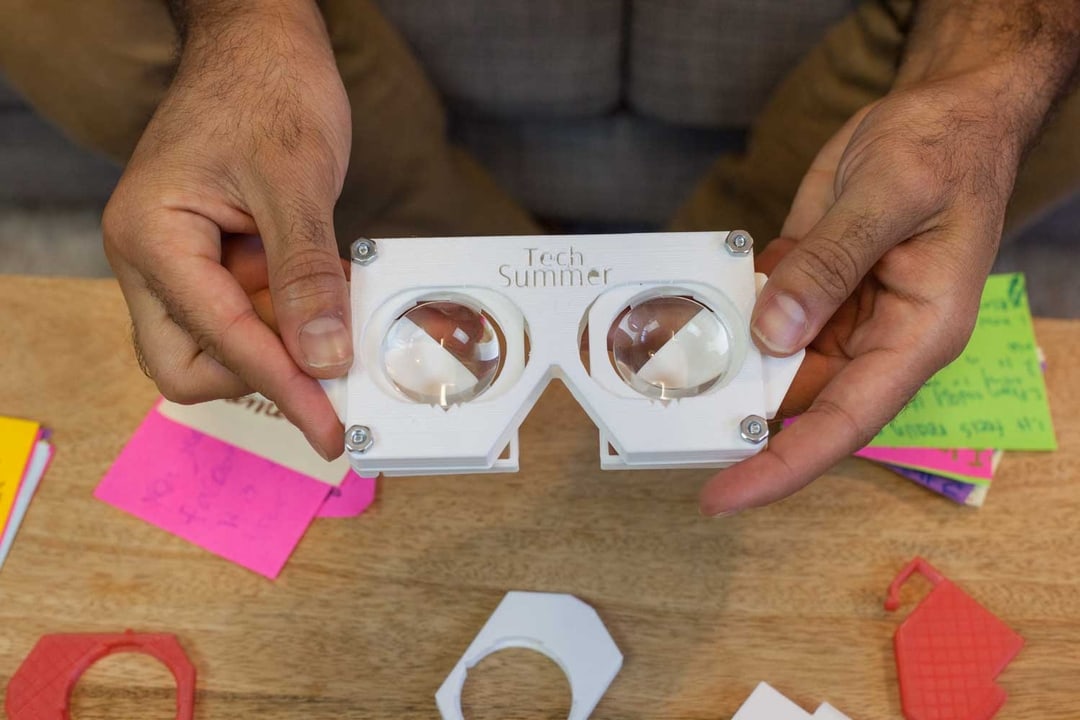
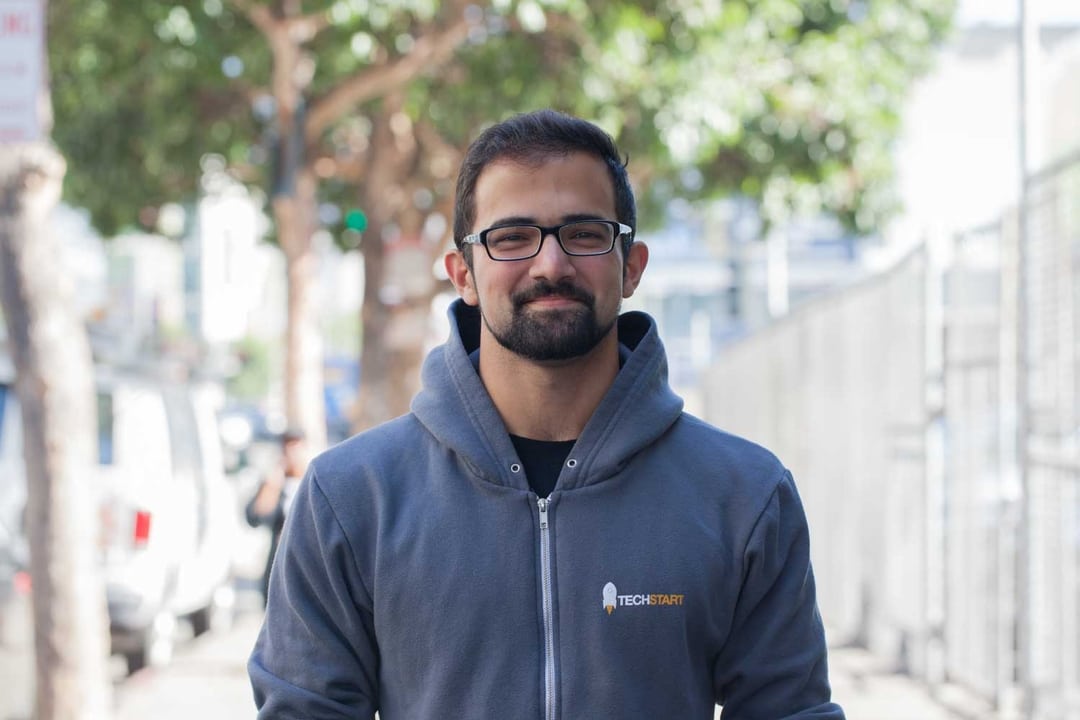
Facebook’s EdMod team focuses on providing students from under-resourced backgrounds exposure to opportunities in technology and computer science. As part of this mission, the team seeks to help students become creators of VR experiences.
With supporting evidence from the growing Maker Movement and DIY trends, the team hypothesized that students would discover a sense of ownership over VR experiences and technologies by assembling and customizing VR viewers themselves.
To test this hypothesis, EdMod Labs, an engineering sub-team of EdMod, took on the challenge of prototyping these DIY VR viewers and then getting them into the hands of students.
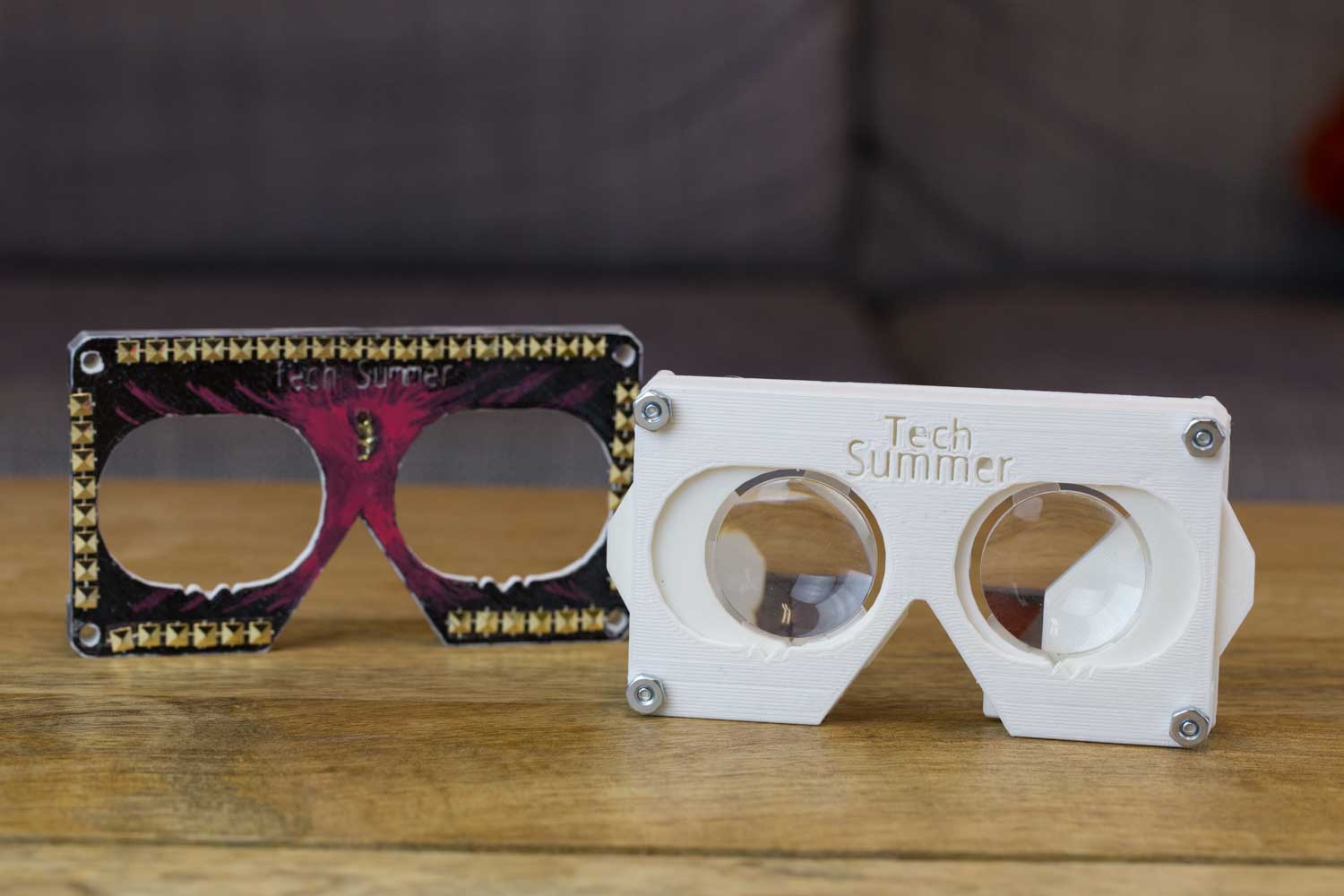
The Challenge of Lean Hardware Development
Although this is a hardware project, EdMod Labs is not specifically a hardware team. EdMod Labs Team Lead Hassan Karaouni is actually a software engineer by trade, and as such he is intimately familiar with agile prototyping methods for software development.
Hardware prototyping, on the other hand, presents a whole new array of challenges.
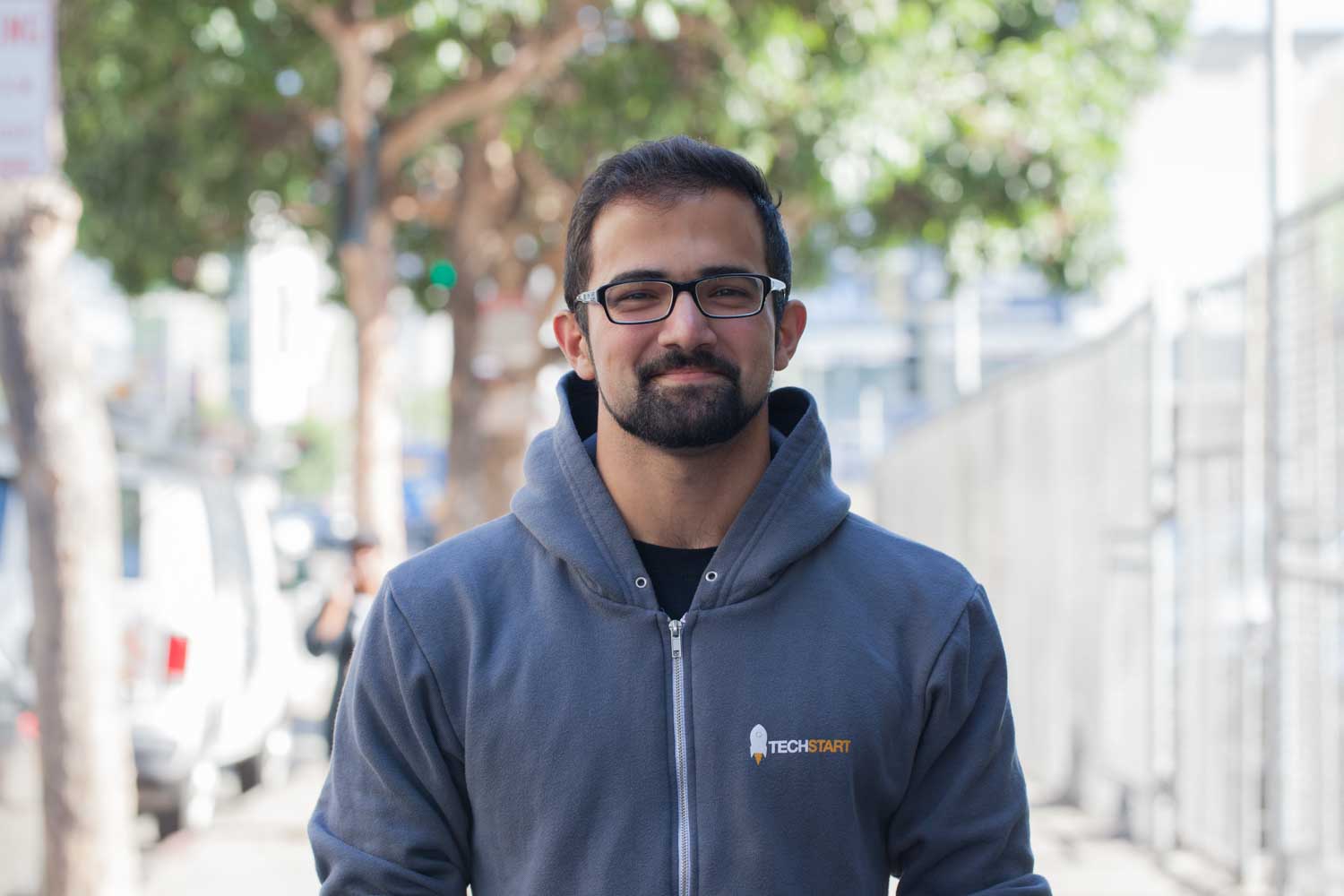
“As this project became hardware-specific, I knew we were running into new territory,” said Karaouni. “It’s very easy to prototype quickly with software and much more difficult with hardware.”
Karaouni’s team ultimately converged on 3D printing as a fabrication solution to help them create simple prototypes quickly. However, they realized it would be a challenge to get hundreds of VR viewers in the hands of students quickly enough.
Partnering with Fictiv for Quick Turnaround at High Volumes
“I’ve always loved software because of how quickly you can build or changes things,” said Karaouni. “In hardware, on the other hand, it’s much more difficult to iterate quickly, so I was impressed when I found out about Fictiv and saw how quickly things could be done.”
By leveraging Fictiv’s platform, Karaouni’s team was able to get 100 viewers made in less than two weeks.
“I was impressed when I found out about Fictiv and saw how quickly things could be done.”
“It was awesome how quickly Fictiv enabled us to learn and get more prototypes to more students,” said Karaouni.
Scaling Production with Confidence
One of the greatest barriers the EdMod Labs team encountered was the challenge of scaling production from a few viewers to hundreds, and then to potentially tens of thousands.
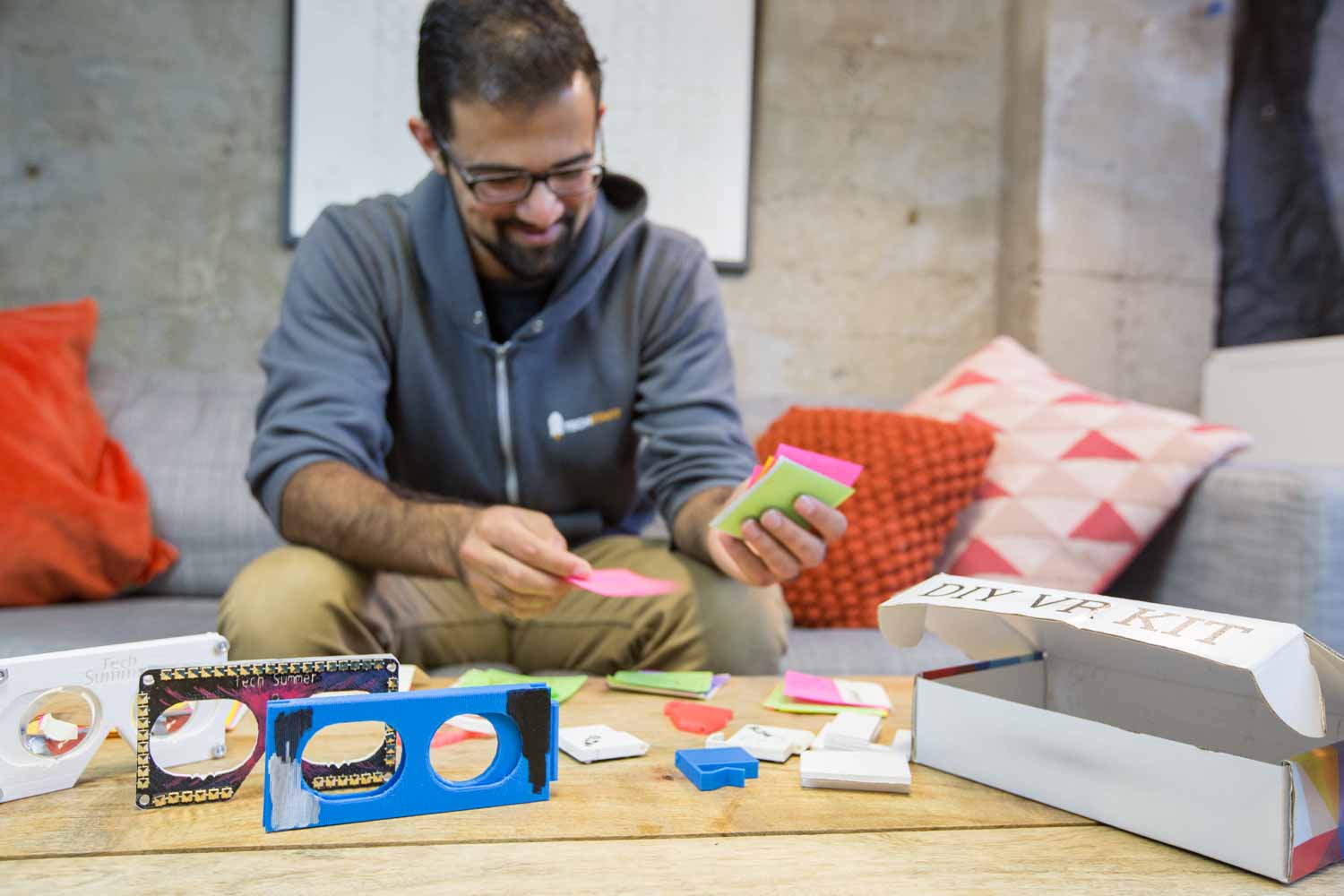
“It’s one thing to make one or ten physical prototypes, but an entirely different challenge to scale into the hundreds and beyond,” said Karaouni. “This is where input from the Fictiv team was incredibly valuable. They helped us to understand how we could scale development efficiently.”
Karaouni was able to leverage Fictiv’s manufacturing expertise to scale development of their viewers quickly and with confidence.
“The support from the Fictiv team was awesome,” said Karaouni. “I felt like I could ask anything about any process and become very informed. Fictiv was very forthcoming about what was best for our project needs.”
“The support from the Fictiv team was awesome…Fictiv was very forthcoming about what was best for our project needs.”
Taking it to the Next Level
The EdMod team recognizes the importance of moving quickly.
“Speed is very important,” said Karaouni. “You want to try things out as quickly as possible in order to acquire rapid learnings. We wouldn’t have been able to learn as quickly without Fictiv.”
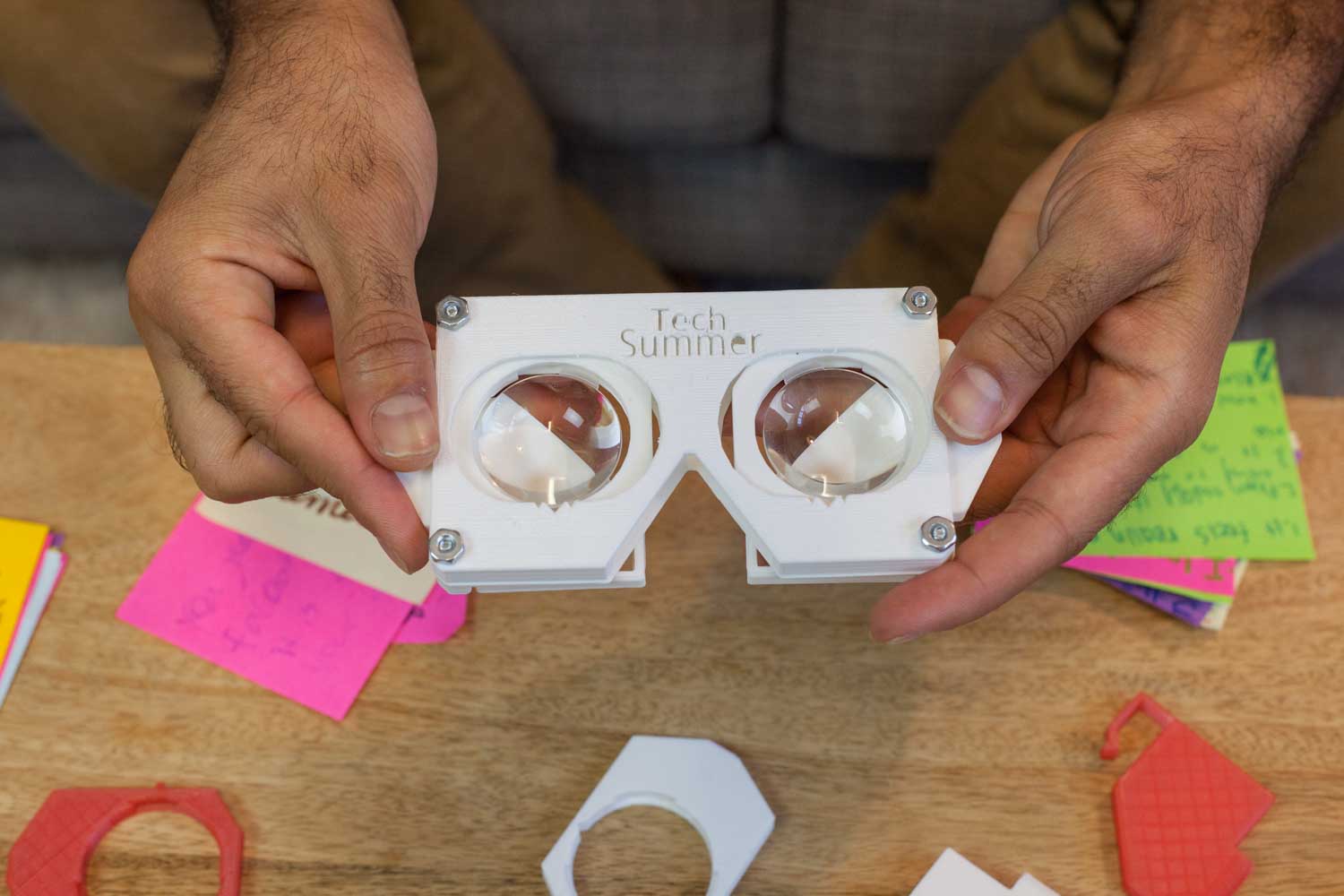
When asked what he might do differently next time, Karaouni considers what his team could do to move even faster.
“If we do another hardware project, it feels great to know that I can work with the Fictiv team to figure out–even before 3D printing–how we can prototype hardware even faster,” he said.









